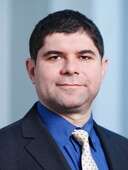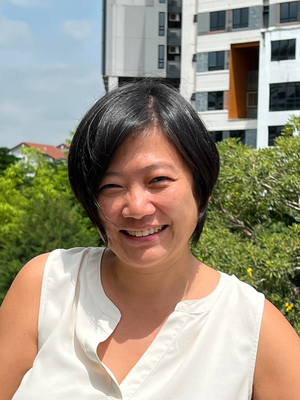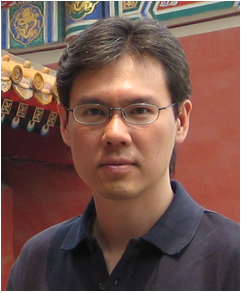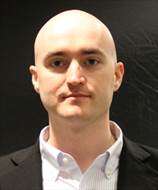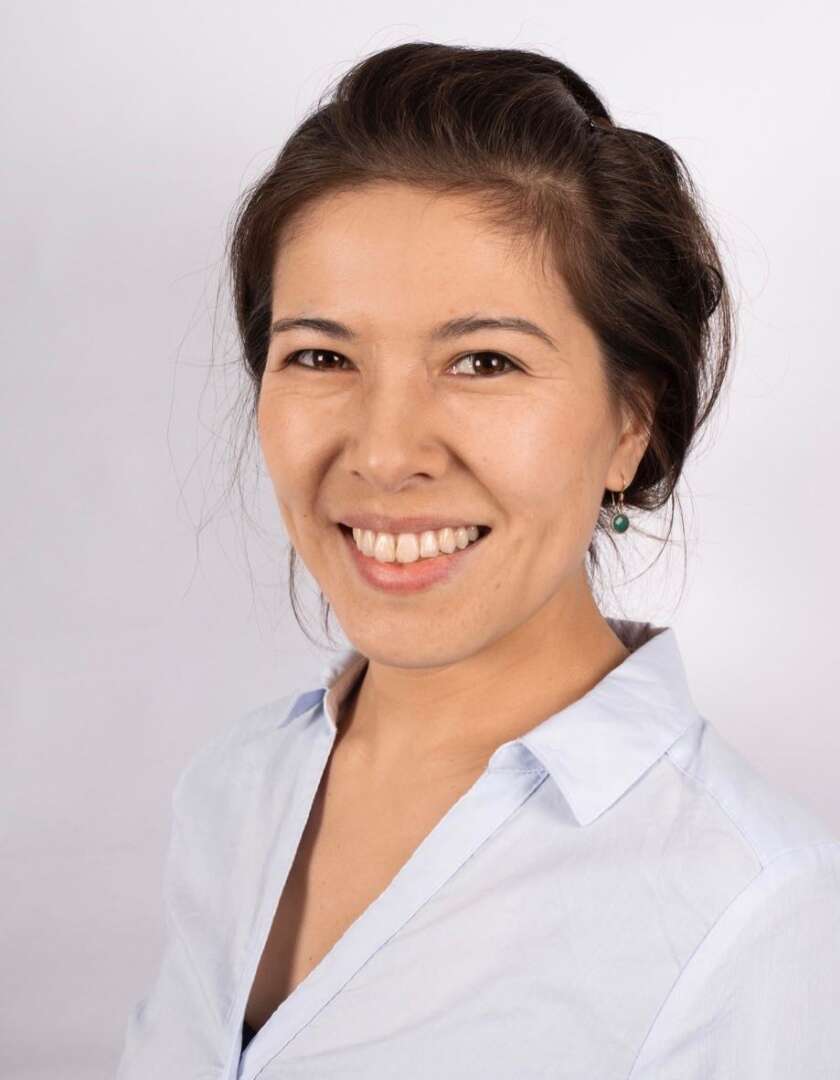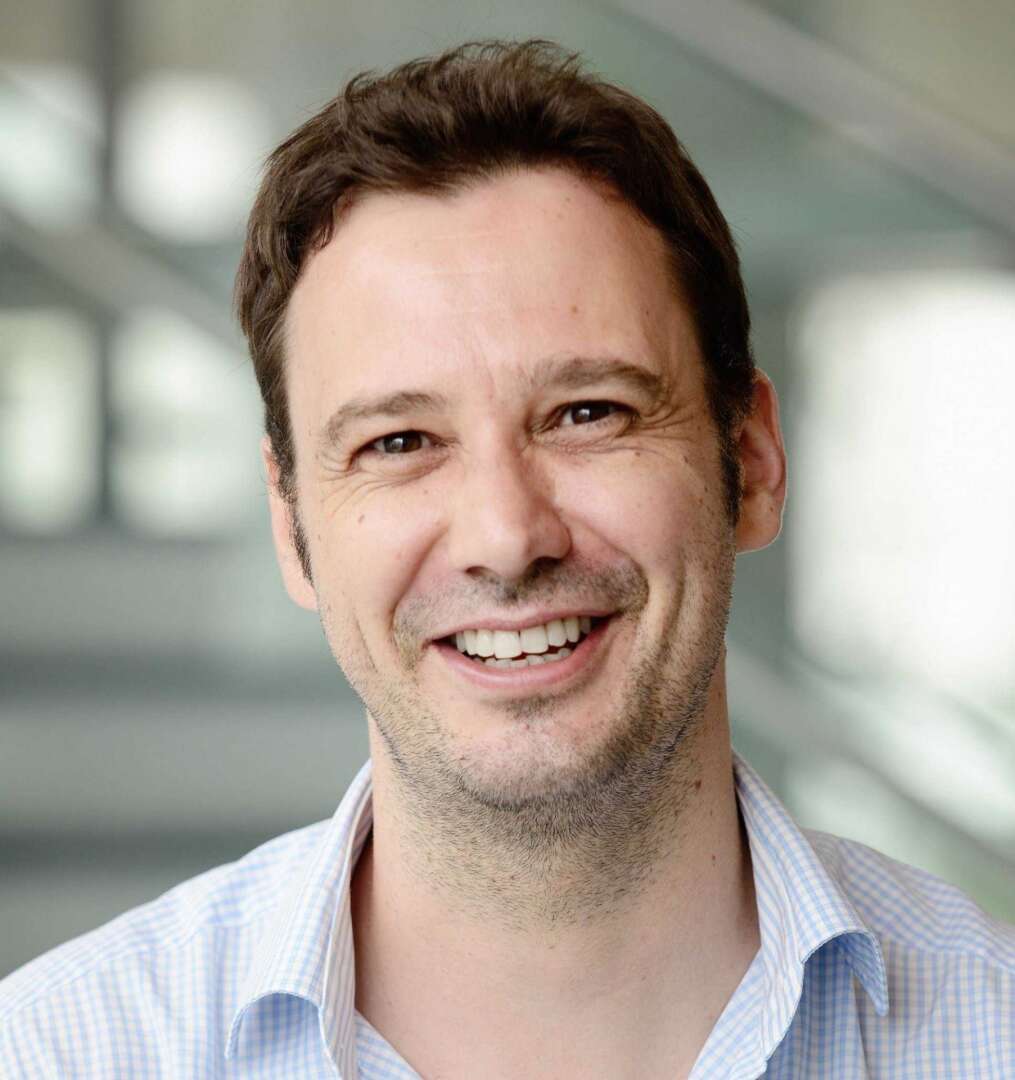The module investigates the question, what kinds of spatial organization of cities can intensify the socio-spatial interaction between individual people and different population groups in a resource-efficient way? Intensification refers to a process that increases the urban vitality of an environment, i.e., the extent to which a densely populated urban environment can sustain and develop the physical, economic, social, and cultural life of its residents. The project focuses on the measurable socio-spatial interactions between people and population groups as a key aspect of urban vitality. Following sustainable development goals, we try to find optimal urban forms to sustain and enhance socio-spatial interactions and minimize the use of land and energy resources at the same time.
The spatial clustering of urban functions, such as opportunities for work, shopping and leisure, plays a promising role for tackling this dual challenge. The right spatial clustering may not only reduce the demand for land and transportation but also fosters social and economic exchanges, which is fundamental for the functioning of cities. The field of urban complexity science - propelled by the growing availability of urban data - has proven to provide a suitable quantitative modeling framework for connecting the macro-scale behavior of a city to the micro-level interactions of its constituents. By cross-evaluating findings from urban complexity science and modeling approaches with a bottom-up perspective in site-specific qualitative behavioral observations and stakeholder surveys, this research has the potential to find viable, real-world solutions to intensify socio-spatial interactions and create vital urban environments.
The work will be conducted in three work packages. We use urban data analytics in WP1 to assess how urban functions (such as work, shopping, and leisure) are organized in spatial clusters, and to analyze how different degrees of clustering can minimize demand on land and transportation in present-day in Singapore and Zurich.
Using these clustered urban functions as the basis for the economic models we develop in WP2, we determine the equilibrium distributions of population, employment, services, and amenities that minimize resources needed to support the socio-spatial interactions, and how these must change when the city becomes denser in various scenarios.
WP3 will study the types of socio-spatial interactions and assess the physical, demographic, and social conditions for quality interactions essential for urban vitality in population dense and densifying urban environments. Location-specific case studies will evaluate WP1 findings taking a "bottom-up" perspective for urban vitality. Based on model outcomes for optimal distributions of urban functions, WP3 will develop concrete planning and design strategies to implement enhanced socio-spatial interaction and enable urban vitality.
The framework will be applied and tested through case studies in Singapore and Switzerland.


